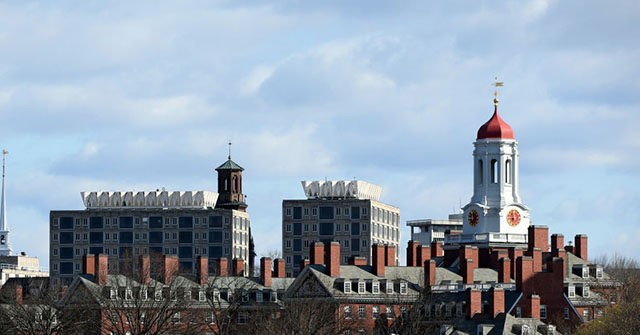

The U.S. Supreme Court will hear oral arguments Monday in a pair of cases that could overturn the use of racial preferences in college admissions, focusing on challenges to affirmative action policies at Harvard University and the University of North Carolina.
In both cases, the plaintiff is a non-profit group called Students for Fair Admissions (SFFA), which alleges that affirmative action policies discriminate against Asian Americans, who otherwise would comprise a larger share of the student body at both colleges.
In Regents of the University of California v. Bakke (1978), the Court permitted the use of affirmative action in college admissions to achieve diversity, provided it did not operate like a quota system. That holding was later limited by two cases against the University of Michigan in 2003: Gratz struck down an undergraduate policy that gave points to applicants based on race, and Grutter upheld a law school policy that considered race as a factor but did not assign points to applicants.
The cases are being heard together, though the one against Harvard involves a private university, and the one against the University of North Carolina involves a public one. The Fourteenth Amendment’s Equal Protection Clause only applies to private institutions when they take federal money. The case against Harvard focuses on civil rights laws; the case against the University of North Carolina is a broader constitutional case.
Harvard has won in both the district and appellate courts, though the case has exposed its affirmative action policies to scrutiny, revealing that the actual percentage of Asian American students who are admitted is about half of what it would be based on test scores and grades alone. Harvard was found to use a “personality” test that ranked Asian American groups lower than others. The University of North Carolina won in district court, and the case was appealed directly to the Supreme Court to join the Harvard case.
Justice Ketanji Brown Jackson has recused herself from the Harvard case, because she is a member of Harvard’s Board of Overseers.
The cases are Students for Fair Admission v. President & Fellows of Harvard College, No. 20-1199, and Students for Fair Admissions v. University of North Carolina, No. 21-707 in the Supreme Court of the United States.
Joel B. Pollak is Senior Editor-at-Large at Breitbart News and the host of Breitbart News Sunday on Sirius XM Patriot on Sunday evenings from 7 p.m. to 10 p.m. ET (4 p.m. to 7 p.m. PT). He is the author of the recent e-book, Neither Free nor Fair: The 2020 U.S. Presidential Election. His recent book, RED NOVEMBER, tells the story of the 2020 Democratic presidential primary from a conservative perspective. He is a winner of the 2018 Robert Novak Journalism Alumni Fellowship. Follow him on Twitter at @joelpollak.




